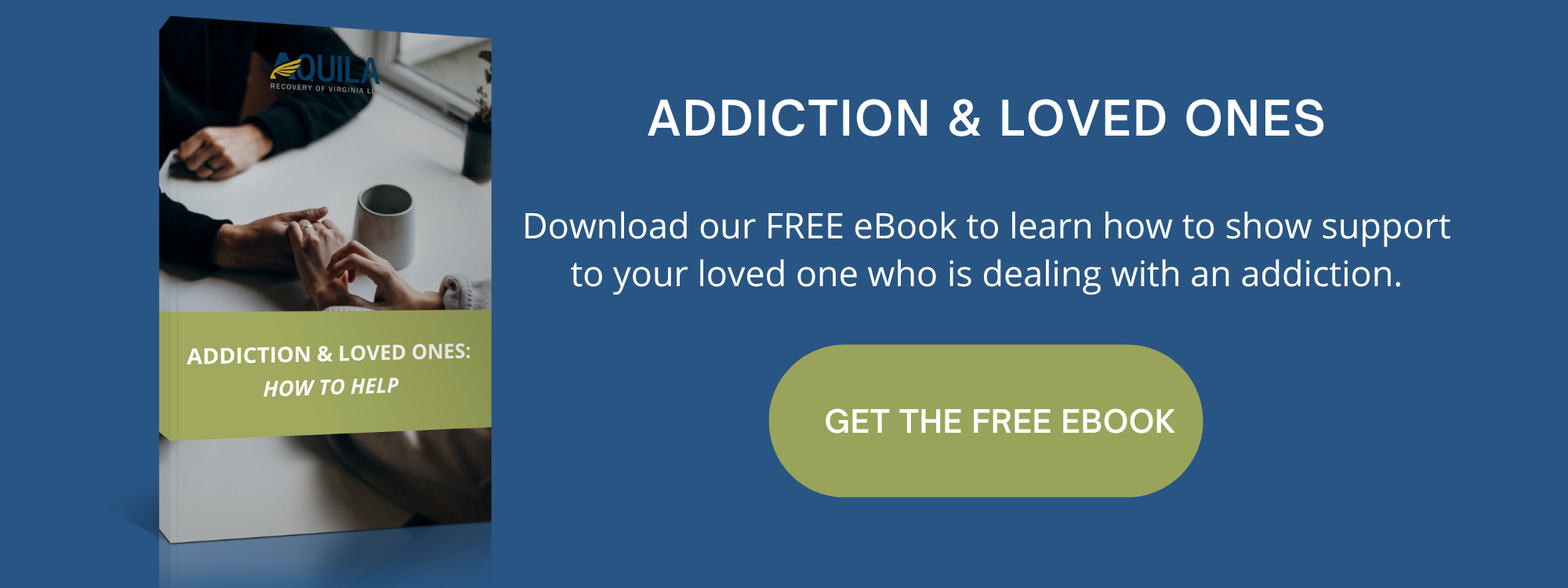As summer is upon us so are hours of unscheduled time for our kids.
 It is rare these days to see a child without access to some form of technology. Whether it be cell phones, watches, tablets, laptops or various other screen related devices. Our youth are inundated with access to online web based information and the world of video games.
It is rare these days to see a child without access to some form of technology. Whether it be cell phones, watches, tablets, laptops or various other screen related devices. Our youth are inundated with access to online web based information and the world of video games.
If managed correctly this technology can be beneficial, providing unlimited access to educational and knowledge gathering opportunities. However, it can and often is a double-edged sword. The problem arises when the focus shifts to the world of video gaming compulsively and rises to a level of an addiction.
Video game addiction might sound a little absurd to some, but it’s really no different than a gambling addiction. You’re playing for the win and the dopamine release that comes with it. According to WebMD it’s not just about the physical feelings, either. “There’s a psychological component to the addiction, knowing ‘I can escape or feel good about my life.'”
Defining Video Game Addiction
Addiction treatment programs have shifted in the past decade with more and more people seeking help for behavioral addictions and process addictions (such as video game addictions), as well as continuing to seek help for substance misuse disorders.
According to the Center for On-Line Addiction, warning signs for video game addiction include:

- Playing for increasing amounts of time
- Thinking about gaming during other activities
- Gaming to escape from real-life problems, anxiety, or depression
- Lying to friends and family to conceal gaming
- Feeling irritable when trying to cut down on gaming
Technology Addiction Applies to Adults, Too
Our phones and tablets have become incredibly integrated into our lives and can be wonderful tools. We feel useful and needed at the little buzzes of people contacting us for personal or business reasons at all times of day and night. We use it when we wait in lines, wait in the car, go to the bathroom, while watching TV, while cooking dinner, relaxing in the evening, before bed… pretty much all the time. “Just one more” game of Candy Crush, or any other app, or even compulsive Facebook use or email checking, may develop into a behavioral process addiction.
Video Games = “Winning”
 It’s a lot easier to be “the best” in an online game. You can be the champion and you do not have work really hard for it. Children of parents of substance use disorders are at particularly high risk for this problem. Anxiety and depression and sense of low self-esteem is common with these kids and the gaming world is an escape that happens with a push of a button. The same can be said for adults who are feeling unfulfilled or unvalued in their daily lives. Video games and apps are an easy “win” for the day.
It’s a lot easier to be “the best” in an online game. You can be the champion and you do not have work really hard for it. Children of parents of substance use disorders are at particularly high risk for this problem. Anxiety and depression and sense of low self-esteem is common with these kids and the gaming world is an escape that happens with a push of a button. The same can be said for adults who are feeling unfulfilled or unvalued in their daily lives. Video games and apps are an easy “win” for the day.
Role-play gaming seems to add an element of fantasy and a way to make people feel better about themselves. This is particularly important if you as a parent have struggled with addiction at the same time as your child. Both the parent and the child are trying to escape something and are turning to technology, video games, or drugs and alcohol, to ‘tune out’ of their daily life.
Help Yourself, Help Your Family
There is help for all though, and don’t wait to get it. You have the chance to break the cycle of video game addiction that is starting in your home, and to break the cycle of addictive behavior in your family. Reach out for help and if you can’t quite do it for yourself, do it for your kids.

